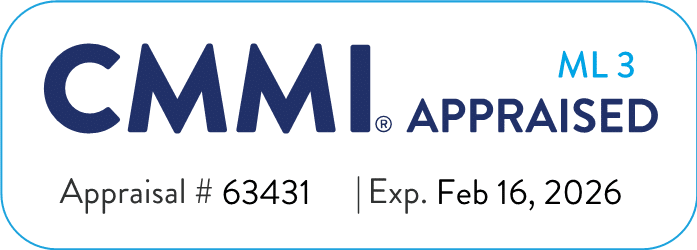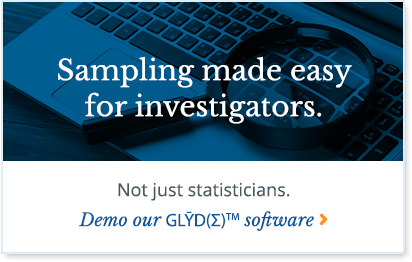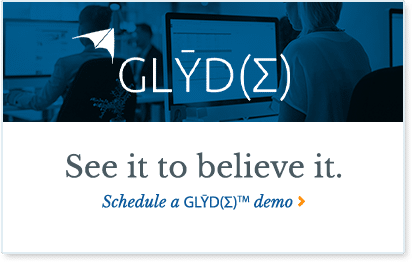While combating fraud, waste, and abuse is a federal initiative upheld by each state, administrators achieve this through various means. Some state OIGs report that their work is primarily focused on beneficiary fraud, while some work in both beneficiary and provider fraud. Furthermore, state OIGs do not always see the same types of fraud, waste, and abuse across different regions. As such, approaches and priorities may vary.
Despite this, there are sometimes common themes that emerge. A recent press release put out by the OIG-HHS warned of a spike of Covid-19-related schemes happening across the country. Prevention experts should consider advising beneficiaries of the following schemes and preventative measures:
In-person Solicitation
There are some states that employ preventative tactics, such as initiating preliminary interviews between investigators and potential beneficiaries prior to covering the person(s). These interviews usually occur at the home of the prospective beneficiary, but because of the pandemic, OIG investigators have stopped conducting these face-to-face interactions. In turn, the OIG-HHS is warning against fraudsters committing door-to-door scams. Although some program integrity work is done through home visits, the OIG-HHS advises beneficiaries to be wary of suspicious visitors and to not divulge their health or personal information.
✓ DO NOT divulge health or personal information to individuals claiming to represent healthcare entities without proof.
Telemarketing Scams
To prevent waste or abuse of Medicare programs, some state agencies do directly call beneficiaries or their close relatives to confirm pertinent information, such as whether a beneficiary has passed on. Still, usually, agencies obtain necessary information through interagency communication and data analytics. So, while it is not uncommon to receive a telephone call from an investigator or program worker, the OIG-HHS is warning beneficiaries of current telemarketing scams. Recently, scammers have been targeting beneficiaries with claims of vaccine distribution or wait lists. Beneficiaries should be instructed not to divulge personal or health-related information to anyone other than their trusted physician’s office or a verified program entity.
✓ DO NOT trust callers promising “perks” in exchange for sensitive information.
✓ DO NOT accept vaccine offers from unauthorized individuals.
Text Message Phishing
Some state-run Medicaid agencies, such as Cover Virginia, do send out direct message blasts to beneficiaries’ cellphones about important enrollment dates and even tips for healthy habits. However, those are automated messages to help inform beneficiaries and likely do not require a detailed response. Currently, scammers are targeting beneficiaries by sending out Covid-19 vaccine text message surveys by luring people with false pretenses, such as gift cards. The public should be reminded never to enter bank records or personal information in exchange for any compensation.
✓ DO NOT respond to text messages requesting personal information in exchange for vaccine access.
Social Media Clickbait
Social media users should only obtain vaccination information from reputable sources, such as their doctors’ offices or other legitimate vaccine providers. Though some populations are eager to enroll in vaccination programs, they should always be encouraged to properly vet sources. Individuals should never click on unverified links to be put on vaccine wait lists, receive vaccine “cards,” or to take any surveys from suspicious sources.
✓ DO NOT click on unverified links to vaccination programs or waitlists.
✓ DO NOT trust websites that promise vaccine “cards.” These will only be issued by authorized healthcare representatives.
For more quick tips on how to avoid Covid-19-related scams, visit the OIG-HHS Fraud Alert: Covid—19 Scams page.











